
The Under-Secretary-General for Humanitarian Affairs and Emergency Relief Coordinator (USG/ERC), Martin Griffiths, concluded a four-day visit to Nigeria yesterday. The UN humanitarian chief travelled to the country to see first-hand the humanitarian situation and response in the north-east, and to raise international awareness about the deteriorating humanitarian situation and bring attention to the ongoing regional conflict affecting the Lake Chad basin.
In Nigeria, the USG/ERC met with the Vice-President and members of the Federal Government, the Chief of Defence Staff, as well as the Governor of Borno State. In the north-east, he met with Nigerians who have been affected by the violence, as well as humanitarian partners, in Maiduguri, Bama and Damasak.
The conflict in the Lake Chad basin has taken a heavy toll on communities across border areas of Nigeria, Cameroon, Chad and Niger, putting more than 10 million people at risk and in need of humanitarian assistance.
During his visit to Damasak, on the border with Niger, Mr. Griffiths heard from women and families displaced by the violence. They told him of their hopes to return home, yet they despaired that they were unable to plan for a better future given continuing insecurity and attacks by armed groups.
Mr. Griffiths said: “It’s heartbreaking to see the deep impact of the violence and repeated displacement for so many. Yet the people I met demonstrated amazing courage in the face of vicious violence, killings, kidnappings, repeated displacement and sometimes bare survival. In Bama, women told stories of having escaped from years of armed group captivity only weeks ago. It is our duty to help them rebuild their lives.”
“I also had the chance to meet with the Governor of Borno State, who conveyed the commitment of authorities to improve security and build resilience for the most vulnerable. We will redouble our collective efforts to improve protection of civilians and humanitarian access, and seek durable solutions out of crisis wherever possible.”
“It is clear we share a common objective: upholding the dignity of Nigerians and finding ways to ease the suffering too many of them face today. People are yearning for security, livelihoods and better access to social services, and we stand ready to make this a reality with the Government and our humanitarian partners.”
Mr. Griffiths also met with humanitarian workers in Bama and Damasak and heard first-hand of the challenges they face in reaching people in need. He said: “Brave humanitarian workers, most of them Nigerians themselves, work tirelessly and often at great personal risk to help others. I deeply admire their commitment and, in turn, commit myself to advocating for their safety, and for the necessary support to the people they serve.”
In 2021, the humanitarian community reached more than 5 million people in need in Nigeria. The 2022 Nigeria Humanitarian Response Plan, slated for launch in February, requires just over US$1 billion. It sets out the humanitarian community’s plan to assist 8.4 million people in need this year.
Distributed by APO Group on behalf of Office for Coordination of Humanitarian Affairs (OCHA).
This Press Release has been issued by APO. The content is not monitored by the editorial team of African Business and not of the content has been checked or validated by our editorial teams, proof readers or fact checkers. The issuer is solely responsible for the content of this announcement.

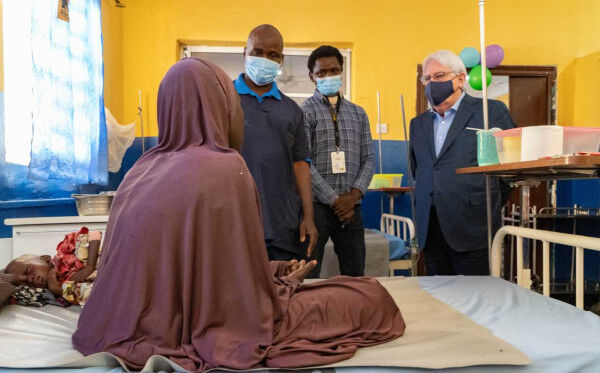
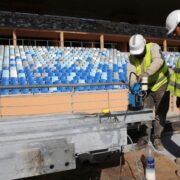
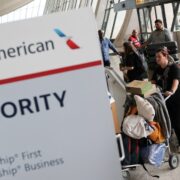




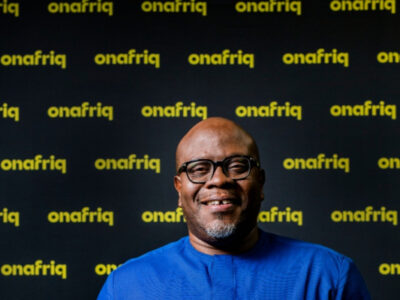
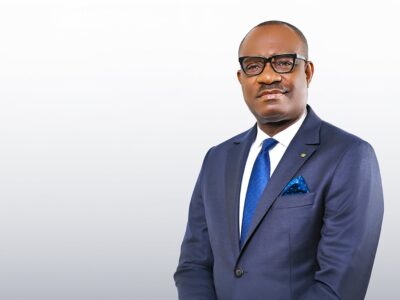

Comments